My 8% Nationwide regular saver has matured - what are my options?
Nationwide’s popular 8% account has matured for savers. Should you stick with the building society or move to a competitor?

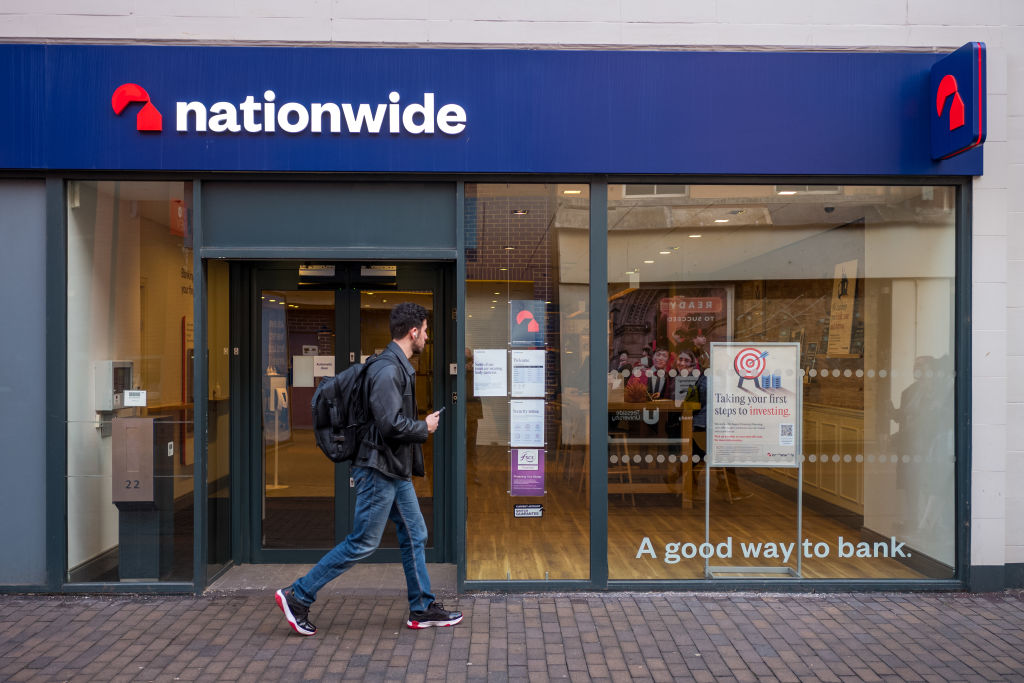
Get the latest financial news, insights and expert analysis from our award-winning MoneyWeek team, to help you understand what really matters when it comes to your finances.
You are now subscribed
Your newsletter sign-up was successful
Want to add more newsletters?
Nationwide launched an 8% regular saver account in September 2023. It was one of the highest-paying savings accounts on the market at the time, and a big step up from the 4.5% interest that the account previously paid.
The regular savings account was wildly popular, and the UK’s biggest building society kept it on sale for almost five months. Nationwide dropped the rate to 6.5% on 8 February last year.
Many savers took advantage of the 12-month account paying 8%. It has now matured, leaving customers wondering what their options are.
Try 6 free issues of MoneyWeek today
Get unparalleled financial insight, analysis and expert opinion you can profit from.

Sign up to Money Morning
Don't miss the latest investment and personal finances news, market analysis, plus money-saving tips with our free twice-daily newsletter
Don't miss the latest investment and personal finances news, market analysis, plus money-saving tips with our free twice-daily newsletter
The Bank of England base rate has fallen to 4.5% (compared to 5.25% a year ago), and markets are expecting further interest rate cuts this year. Savings rates have understandably tumbled. The best easy-access rate is now 4.75%.
According to Moneyfacts, the average rate on a one-year fix across the savings market has dropped from 5.42% on 1 October 2023 to 4.31% on 1 October 2024. It is currently 4.17%, as at 26 February 2025.
Faced with this different environment, savers will likely be wondering what to do. Should they open another regular saver account, and if so, what’s the best rate at the moment? What about leaving the money with Nationwide? If you remain with the building society, it could make you eligible for Nationwide’s Fairer Share £100 bonus, if it runs the scheme again this year.
Or perhaps you should switch to the best one-year fixed-rate account on the market?
Plus, are there any cash bonuses on offer that could help during this time of falling interest rates?
We delve into all of this to work out what Nationwide customers should do whose 8% regular saver has finished.
What are the best regular saver accounts right now?
You may be surprised to learn that you can still get 8% interest on a regular saver account. However, there is a catch. The length of the term is only six months.
The account in question is offered by Principality Building Society. Savers can pay in up to £200 a month (up to £1,200 during the fixed period), and be paid the 8% fixed interest when the account matures. No withdrawals are allowed during the six-month term.
If you don’t want to tie your money up for a whole year, this could be a good option. However, note that when the account does mature, in say August if you open it today, savings rates could have fallen again. So you may have to accept a lower rate wherever you decide to park your cash when the account matures.
Also, note that some regular savers do allow withdrawals. If you think you may need access, a 12-month account that allows withdrawals could be a better bet, although you will have to accept a lower rate than 8%.
The next-highest interest rate on a regular saver account is 7%. This rate is offered by First Direct and the Co-operative Bank. Both accounts run for 12 months.
With First Direct, you can pay in between £25 and £300 each month. You need to have a current account with the bank, and no withdrawals are allowed.
With the Co-op regular saver, you can pay in between zero and £250 a month. Again, it’s exclusively for current account customers. However, it differs from most other regular savings accounts, because you can make as many withdrawals as you like. The trade-off is that the interest rate is variable so could change during the 12 months.
Deciding between Co-op and First Direct could come down to whether you want withdrawals, whether you prefer a fixed interest rate, and if you want to save a higher amount each month.
Account | Is the interest fixed or variable? | Maximum monthly deposit | Withdrawals allowed? |
|---|---|---|---|
First Direct | Fixed | £300 | No |
Co-op | Variable | £250 | Yes, unlimited |
Does Nationwide still offer a regular saver?
Yes, it does. Nationwide’s regular saver now pays 6.5%. The criteria is similar to the 8% one: you’ll need to have a current account with the building society, there is no monthly minimum deposit and you can save up to £200 per month.
The account allows up to three withdrawals. On your fourth withdrawal, the rate will drop to 1.75% (this was previously 2.15%).
The 6.5% interest is only a bit less than the 7% rates offered on the best 12-month regular savings accounts. If you want the quickest, simplest account to open, you may prefer to stick with Nationwide as you know you’re eligible for the account and you’re familiar with it, plus it’s easy to open in your online banking or on the app.
It’s also good to know you can make a few withdrawals without affecting the interest rate.
Rachel Springall, finance expert at Moneyfactscompare.co.uk, tells MoneyWeek: “If customers are satisfied with the service they have had, then this rate is still very competitive in the market.”
She adds while the First Direct 7% account may look appealing, “customers have to open and fund a first direct 1st Account (current account). It is worth pointing out that there are lots of regular savers that are linked to current accounts, but not all of them require regular funding”.
The downside with the Nationwide regular saver is that, like the Co-op account, the rate is variable. Nationwide could choose to reduce the 6.5% rate at any time, especially if the Bank of England base rate gets cut again.
Nationwide v First Direct: how the interest compares
You may be thinking of switching to First Direct to grab its 7% regular saver, rather than settling for Nationwide’s 6.5% deal.
We asked Moneyfactscompare.co.uk to crunch the numbers to see how the interest compares if you saved £200 for a month for one year. With First Direct, you would have a total sum of £2,492.98 at the end of the 12 months.
With Nationwide, you would have £2,486.20. This is a difference of just £6.78.
If you want to save more each month (you can save up to £300 with First Direct), and the peace of mind that it’s a fixed, rather than variable, rate, you may like to move your money to First Direct. But if those things aren’t important to you, for the cost of less than £7 you may prefer to sit tight and stay with Nationwide.
What about moving to a different type of savings account?
Now that your Nationwide regular saver has matured, maybe you don’t need to open another one, and a different sort of account would suit you and your cash better.
The first thing to consider is whether you need access to your cash. If you don’t, a one-year savings account could work well. This guarantees you a set interest rate for the whole year (which could be helpful if savings rates fall elsewhere in the market). But you won’t typically be able to access your money.
We round up the best one-year fixed savings accounts.
If you do want to be able to withdraw money, there are still some decent easy-access savings accounts around, despite the trio of base rate cuts that we’ve seen since last August.
Note that these savings rates can change at any time, so even if you open a 4.5% account, the rate could fall shortly after. This means you’ll need to be ready to switch to a different account to maintain a competitive return.
The best easy access savings rates on offer at the moment are from Monument Bank (4.75%), Principality Building Society (4.7%) and Coventry Building Society (4.66%).
Springall comments: “Picking the right savings account depends on how soon a saver needs access to their cash. There are some short-term deals to consider, such as easy-access accounts, notice accounts or fixed bonds of terms less than a year. If savers are unsure, they could always grab a regular savings account that does not have a fixed term, or a simple easy-access account that offers full flexibility.”
If you’re concerned about paying tax on your interest, don’t forget to maximise your cash ISA. All adults can pay in up to £20,000 across their ISAs each tax year, and the interest is completely tax-free. You can choose an easy-access or fixed-rate cash ISA.
If you like the idea of winning prizes with your money – rather than a regular amount of interest - then you could consider Premium Bonds. Any prizes are tax-free, but note that while some lucky customers will scoop prizes, others won’t win anything at all.
Are there any switching bonuses that could boost my savings?
Yes, there are a few switching bonuses on offer for customers transferring their current account. You may then qualify for a regular saver with that bank or building society.
For example, Nationwide is paying £175 to customers who switch a non-Nationwide bank account with at least two active Direct Debits, and then close that account.
The interesting thing about this deal is that it’s open to existing Nationwide customers, as well as new customers. So, even if you have a current account with the building society, and perhaps enjoyed the 8% regular saver, if you have an account with a competitor you could move it across and get £175 free cash.
If you’re eyeing up First Direct’s 7% regular saver, you could switch to the bank and also get a £175 bonus. Meanwhile, you could get up to £150 for moving to the Co-op (which also has a 7% regular saver).
Make sure you check the small print and understand the criteria to get the switching bonus, as well as how the current account works that you are opening.
Get the latest financial news, insights and expert analysis from our award-winning MoneyWeek team, to help you understand what really matters when it comes to your finances.

Ruth is an award-winning financial journalist with more than 15 years' experience of working on national newspapers, websites and specialist magazines.
She is passionate about helping people feel more confident about their finances. She was previously editor of Times Money Mentor, and prior to that was deputy Money editor at The Sunday Times.
A multi-award winning journalist, Ruth started her career on a pensions magazine at the FT Group, and has also worked at Money Observer and Money Advice Service.
Outside of work, she is a mum to two young children, while also serving as a magistrate and an NHS volunteer.
-
 Nationwide promises to protect all its branches from closures until at least 2030
Nationwide promises to protect all its branches from closures until at least 2030The building society has extended its pledge to keep all high street Nationwide and Virgin Money branches open, now until at least 2030.
-
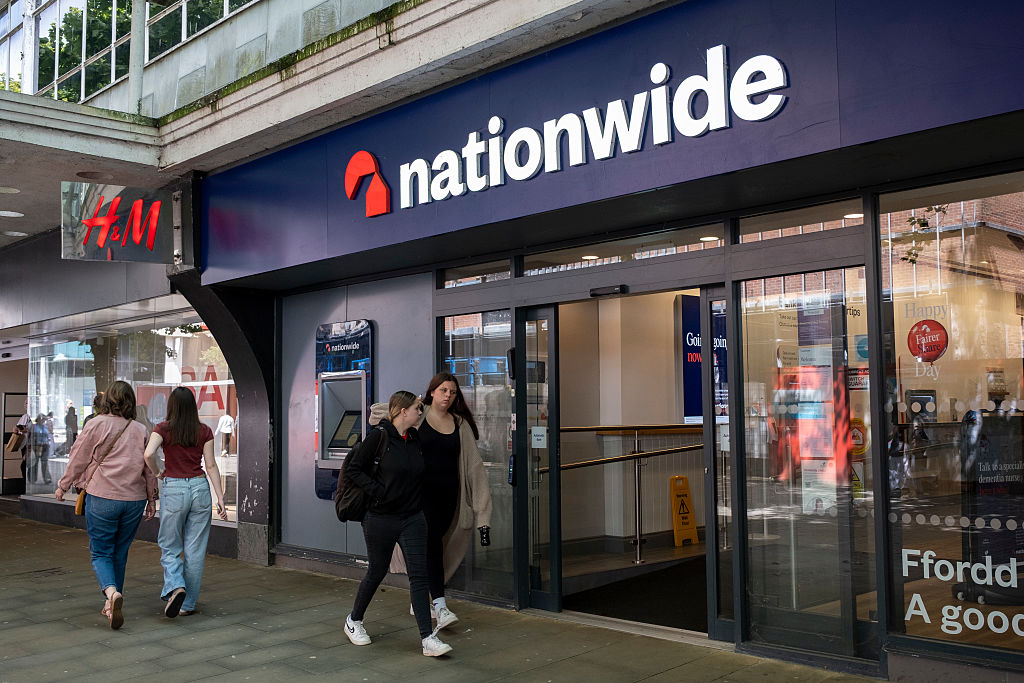 Nationwide Building Society launches £175 switching deal – who is eligible?
Nationwide Building Society launches £175 switching deal – who is eligible?Nationwide Building Society has launched a new current account switching deal. We look at whether you are eligible, and how to get the free cash.
-
 Green mortgages: how do they work and how much can you save?
Green mortgages: how do they work and how much can you save?Most high-street lenders now offer some kind of green mortgage deal. We look at who’s eligible, how to apply and the mortgage rates and cashback on offer
-
 Thousands of Brits switch to Nationwide, Monzo and NatWest – which banks are least popular?
Thousands of Brits switch to Nationwide, Monzo and NatWest – which banks are least popular?We look at the most and least popular banks and building societies as current account bank switches reach a record high. Is it worth moving your money?
-
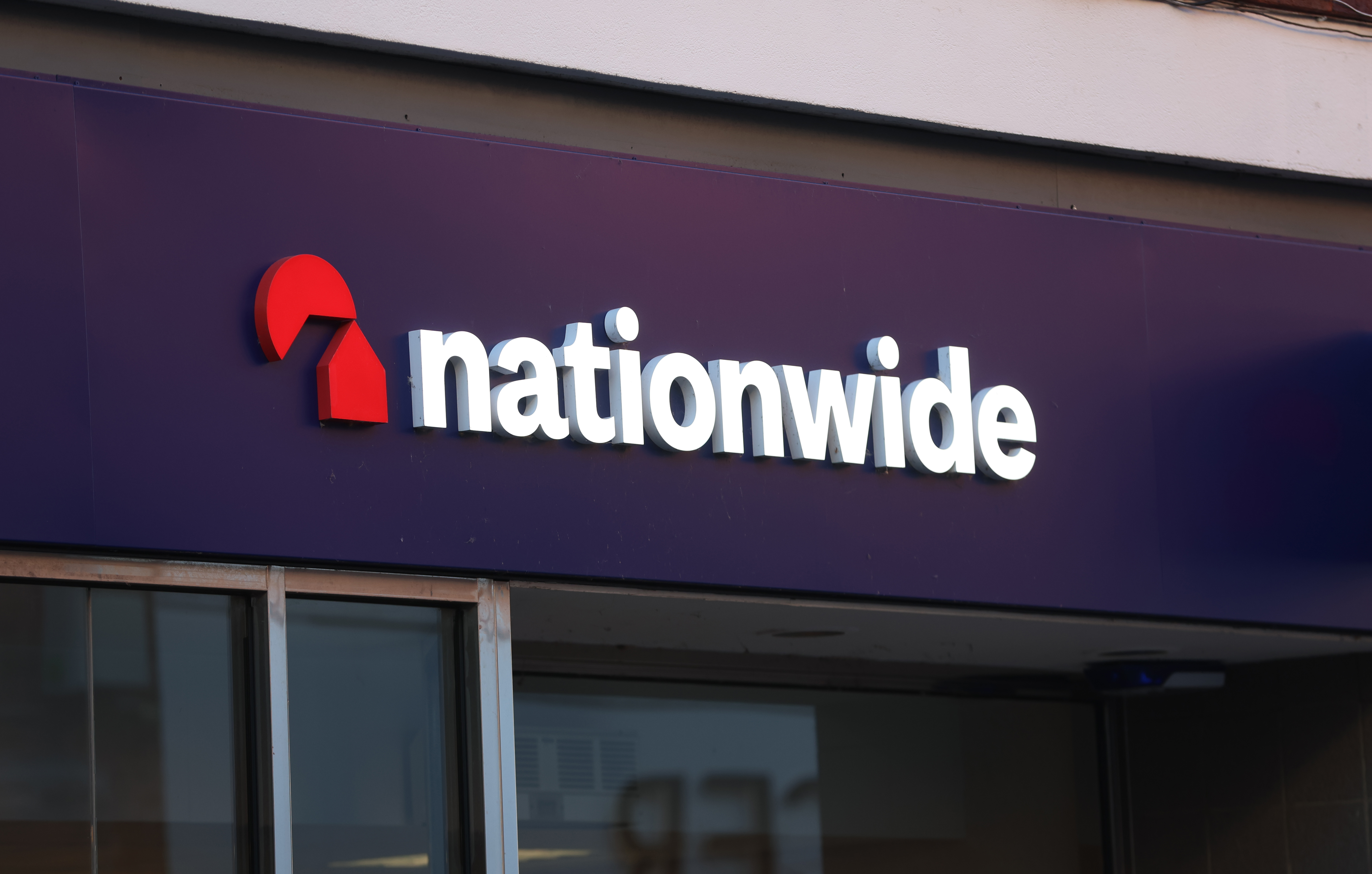 Did you get the £100 Nationwide bonus? Here’s how to check
Did you get the £100 Nationwide bonus? Here’s how to checkNationwide finished paying its £100 Fairer Share bonus last week. We explain what to do if you didn’t get it but think you’re eligible
-
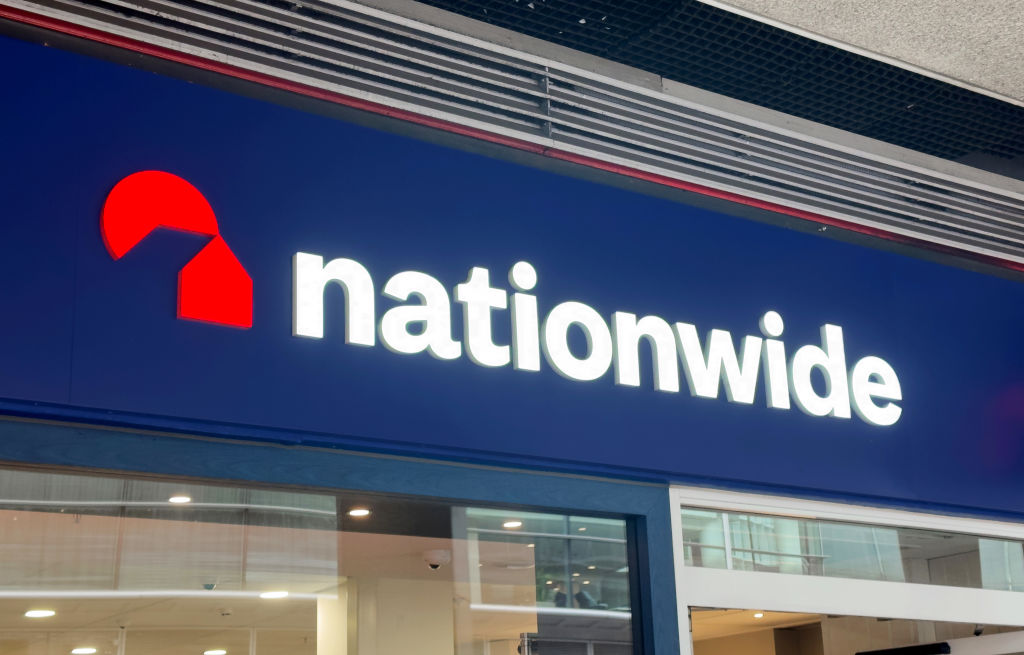 Nationwide to pull its £175 switching bonus - act now to get offer
Nationwide to pull its £175 switching bonus - act now to get offerThe building society is withdrawing its bank switching offer at the end of the month, after gaining thousands of customers last year. We explain how to qualify for the current account switching bonus
-
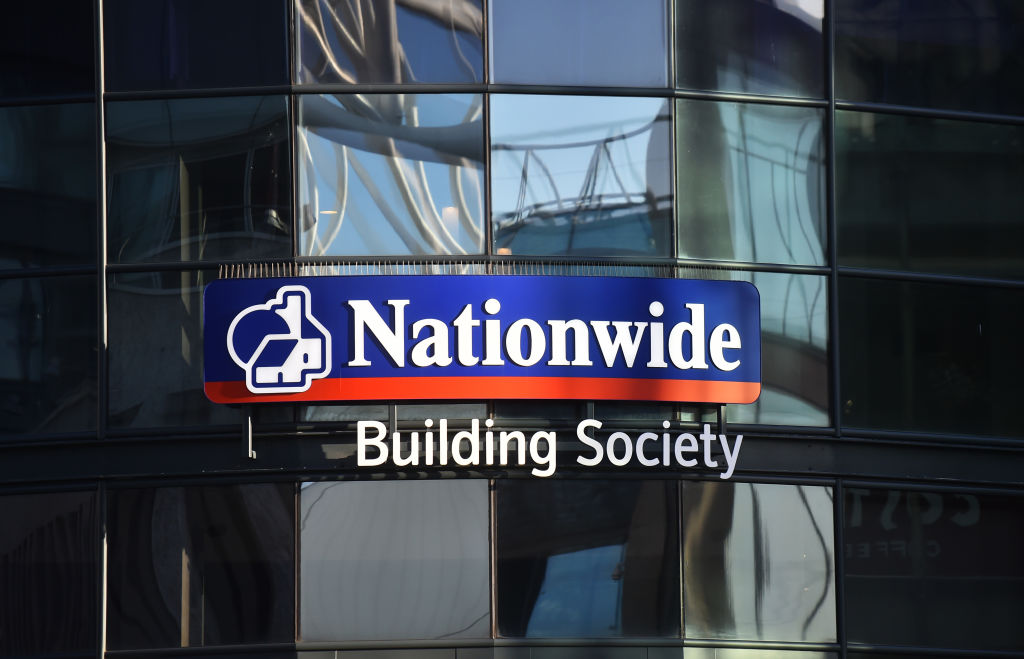 Nationwide launches £175 bank switch offer plus extra perks - how can you get the switching bonus?
Nationwide launches £175 bank switch offer plus extra perks - how can you get the switching bonus?News Nationwide’s new bank switch offer has come alongside a revamp of its Flex current account range, with a new cashback deal and an interest-free buffer on overdrafts. Here’s how to get the £175 switching bonus.
-
 Best and worst UK banks revealed
Best and worst UK banks revealedWe reveal the best UK banks – and the worst – when it comes to managing your money and good customer service. How does your provider compare?

